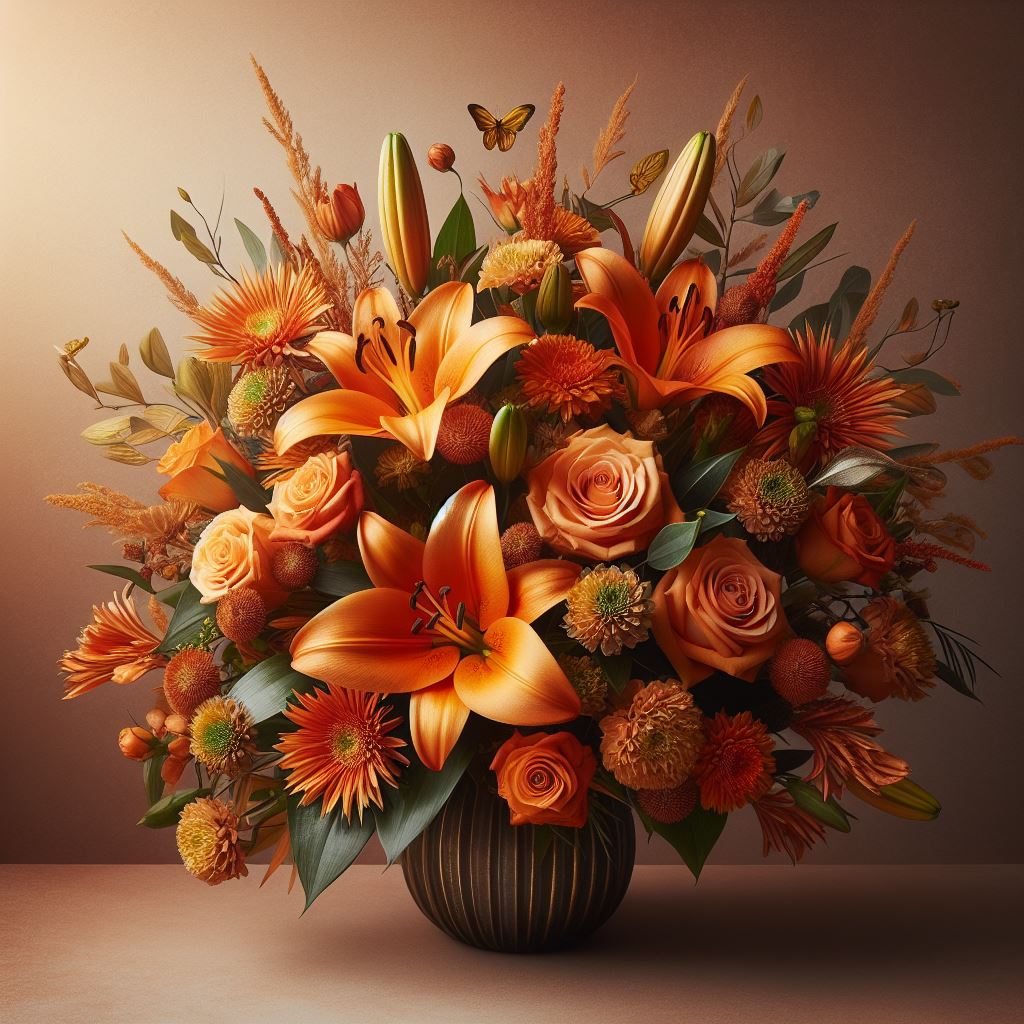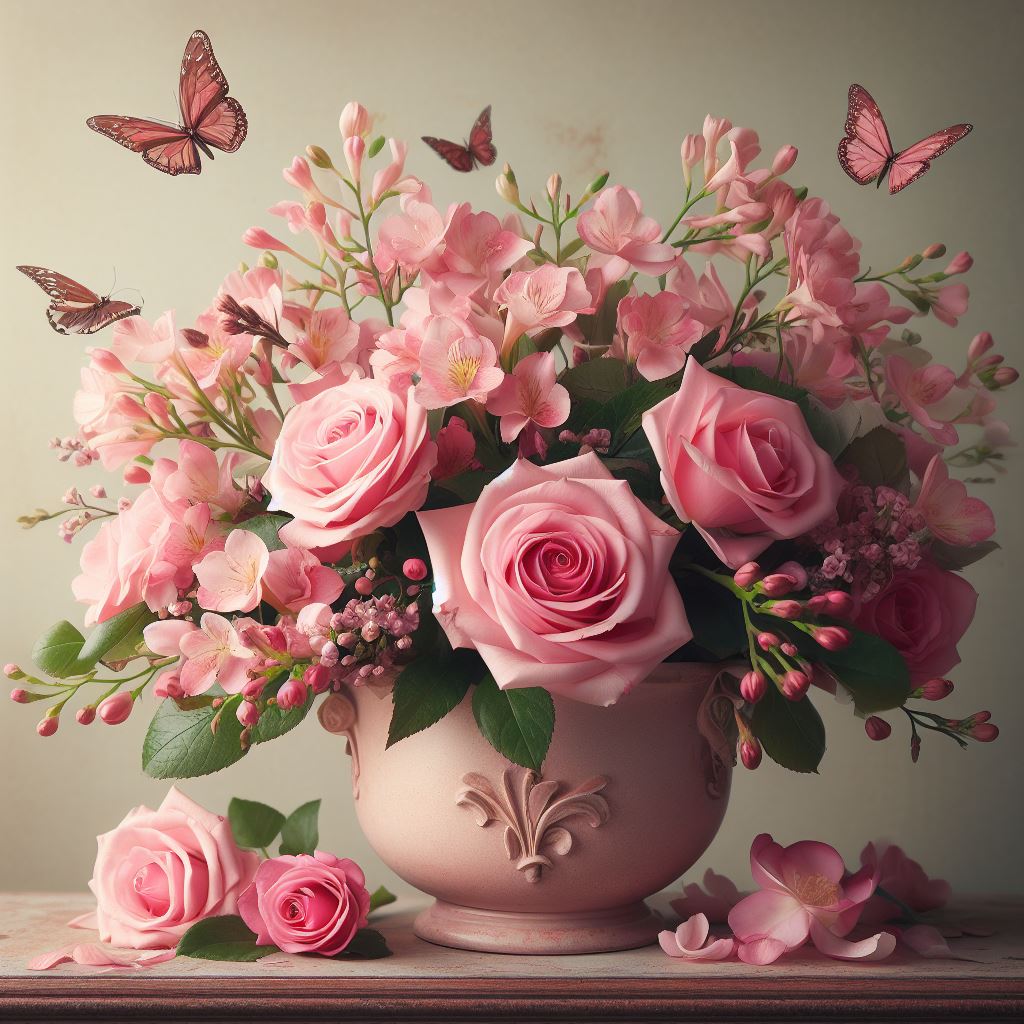Choosing the Right Flowers for the Right Occasion: A Guide to Floral Etiquette
Flowers have a language of their own. With their vibrant hues, delicate textures, and rich fragrances, they can convey messages ranging from love and sympathy to congratulations and respect. However, the meaning of flowers is not universal; it varies with type, colour, and cultural context. This guide will help you navigate the intricate world of floral etiquette, ensuring you choose the perfect blossoms for every occasion.

1. Understanding the Language of Flowers
In Victorian times, the language of flowers, or “floriography,” was a way to convey messages without words. Each flower had a specific meaning, and even the way a bouquet was received and held could communicate a message. While we may not adhere strictly to these rules today, understanding the traditional symbolism can add depth to your floral gift.
2. Celebrations and Congratulations
When it comes to joyous occasions like birthdays, graduations, or promotions, you want flowers that exude happiness and vibrancy. Opt for bright, cheerful flowers such as:
- Sunflowers: Symbolizing adoration, longevity, and pure thoughts, sunflowers are perfect for bringing a ray of sunshine to any celebration.
- Roses: While red roses are traditionally associated with romantic love, yellow roses symbolize friendship and joy, and pink roses convey admiration and gratitude, making them versatile for various celebratory occasions.
- Tulips: Generally representing perfect love, tulips in different colors can convey different messages; for instance, yellow tulips symbolize cheerful thoughts, and purple tulips symbolize royalty and accomplishment.
3. Expressing Love and Romance
When love is in the air, flowers are a timeless way to express your feelings. Classic choices include:
- Red Roses: The quintessential symbol of romantic love, passion, and desire.
- Orchids: Exotic and graceful, orchids represent love, luxury, beauty, and strength.
- Peonies: Often used in wedding bouquets, peonies symbolize romance, prosperity, and a happy marriage.

4. Sympathy and Condolences
In times of sorrow, flowers offer a subtle expression of support and sympathy. For such occasions, consider flowers that evoke peace and calm, such as:
- Lilies: Symbolizing the restored innocence of the soul of the departed, lilies are a common choice for funerals.
- White Roses: Representing reverence, humility, and innocence, white roses are often associated with remembrance and honor.
- Chrysanthemums: In some cultures, chrysanthemums are strictly funeral flowers, while in others, they symbolize support and well-wishes during difficult times.
5. Cultural Considerations
It’s crucial to be mindful of cultural nuances. For instance, in some cultures, white flowers are traditional for weddings, while in others, they’re reserved for funerals. Similarly, the number of flowers in a bouquet can be significant – in some Asian cultures, even numbers are associated with funerals, while odd numbers are considered lucky.
6. Seasonal Sensibility
Aligning your flower choice with the season can enhance the relevance and ecological sustainability of your gift. Spring options include tulips and daffodils, while summer favorites are sunflowers and daisies. Autumn brings rich, warm tones with marigolds and chrysanthemums, and winter is perfect for poinsettias and amaryllis.
